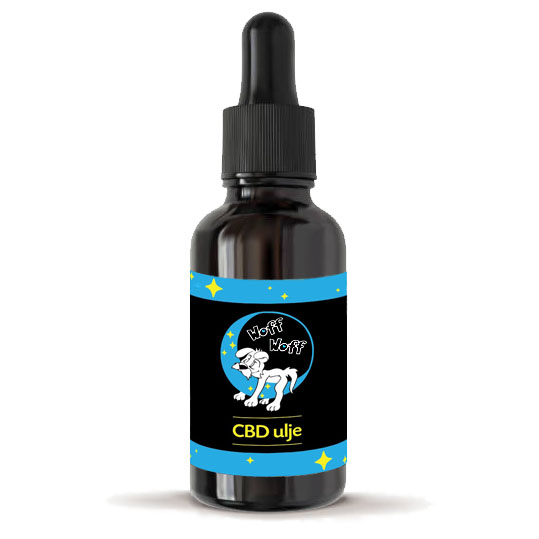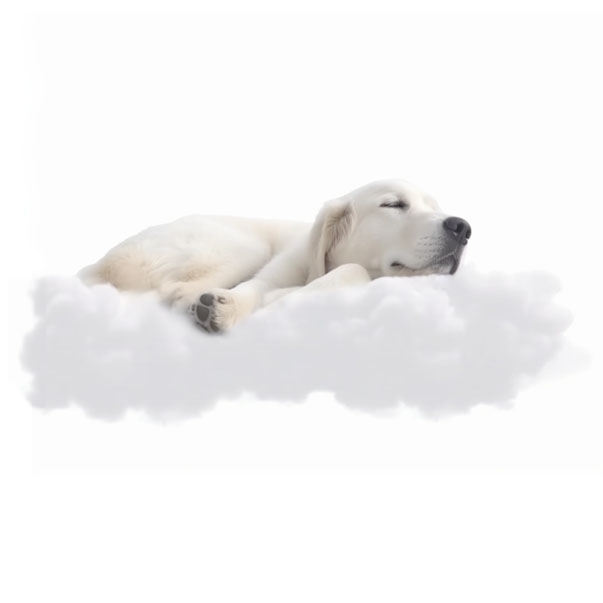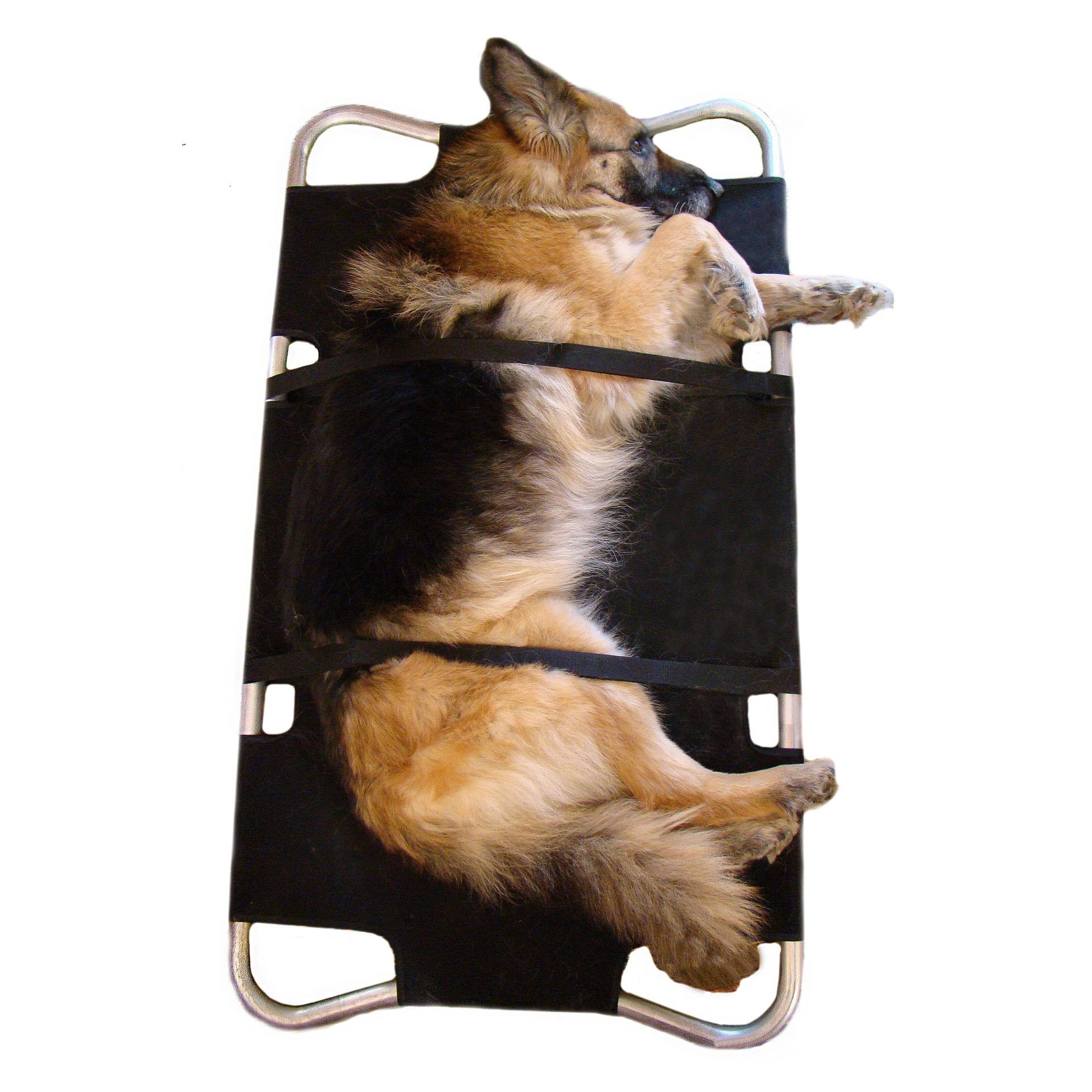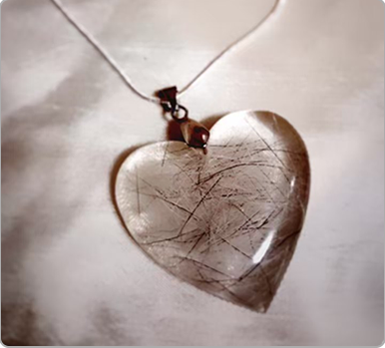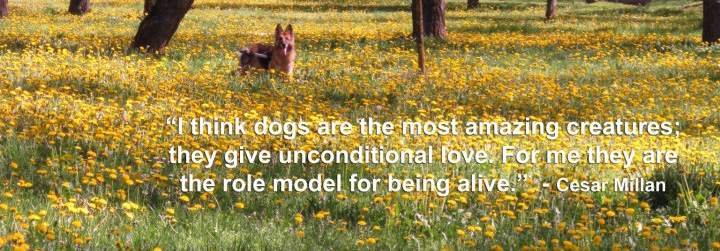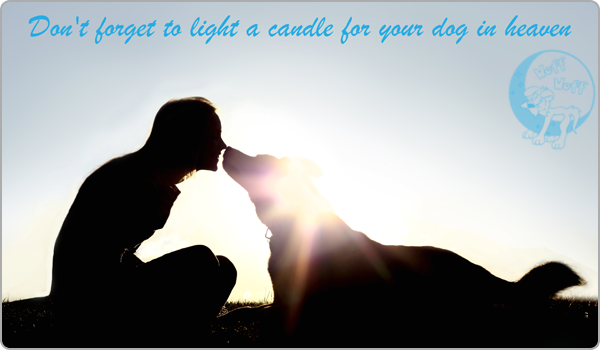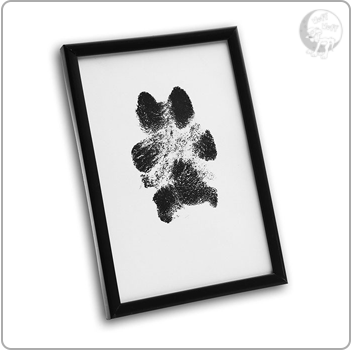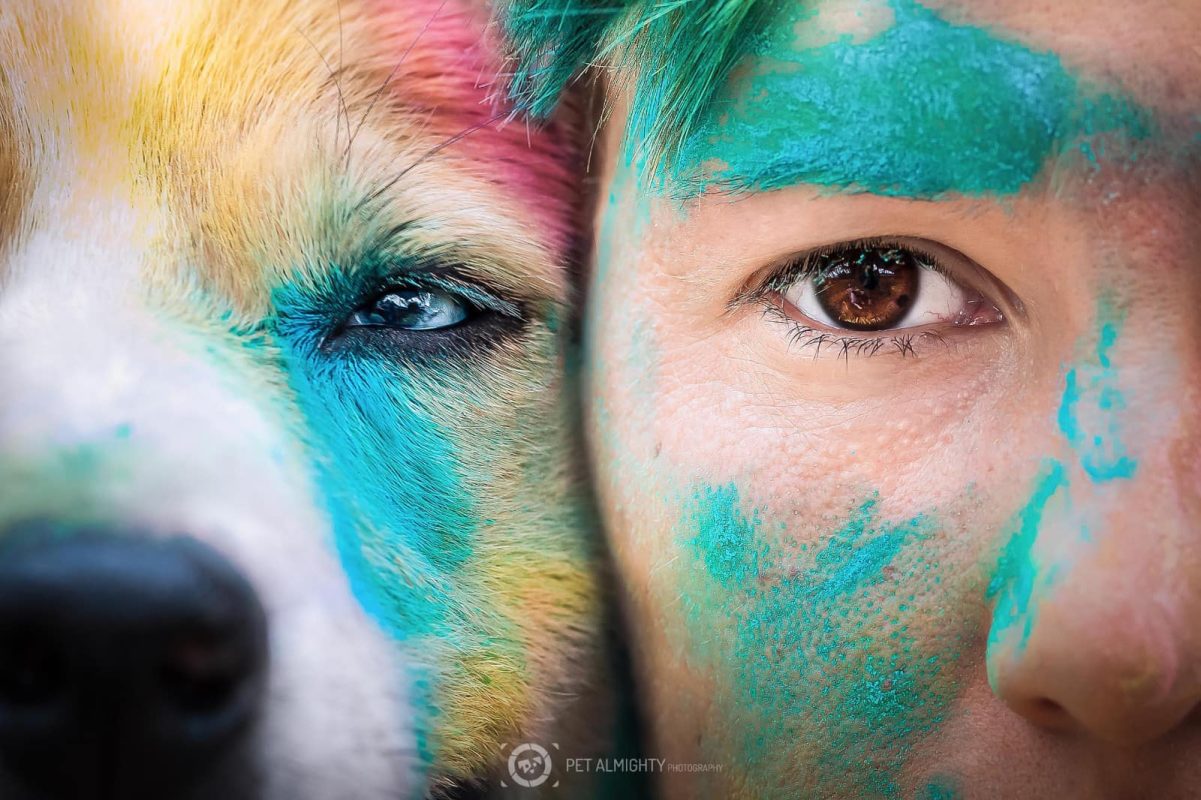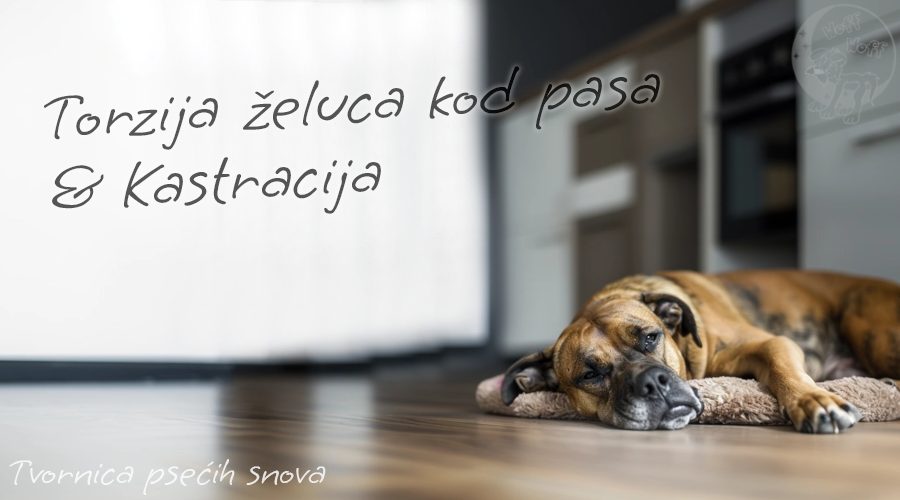We all have intense moments in our lives that leave traces that last forever. These can be wonderful and fantastic memories or scary and creepy. Whatever the case, memories never leave us.
One such moment that is frozen in time for me is the day when my first dog, Jaška, died. The sadness I felt after losing Jaška was extreme. The feeling was utterly relentless. For several years I carried this overwhelming sadness. The positive thing Jaška left in my life were her puppies, Irka and Tara, who needed me. They "forced" me to fight.
It is extremely sad to lose a beloved pet, but that sadness only intensifies if you do not allow yourself to love another pet. Read on to discover different ways to deal with loss that have made life better for me and my dogs afterward.
Grief doesn't follow a schedule
There are many theories about how we experience grief. One of the most popular is that we go through five stages of grieving:
- Denial/Negation – "I'm fine",
- Anger / Anger - "Not fair!"
- Agreement / Negotiation – "I'll do anything for a little more time",
- Depression - "I'm so sad, why should I bother? I miss him, I can't go on without him/her?" and
- Acceptance – "Everything will be fine", "If I can't fight it, I can at least prepare for it and accept what's coming"
Depending on whether we have time to prepare for the departure of our pet or the loss is sudden, we go through these stages to a lesser or greater extent. But there are also mixed emotions and phases. It is very important to remember that everyone grieves differently and at their own pace.
While I was grieving, my feelings would change daily, moving backwards and forwards. Just when I thought I had begun to accept death, a wave of anger, guilt and depression would hit me. There was no kind of continuous progression. I realized that grief does not follow any predetermined schedule. I've also learned to accept that it's okay however I feel at any given moment.
Pay, grieve
In order to come to terms with the loss of a pet, you will first need to allow yourself to grieve. Although this may seem a little obvious at first, it is still very difficult to do. Our society is usually a busy environment that doesn't have much patience for a long grieving process. It is expected that we will quickly overcome this and move on.
When you consider that we have lost someone we love, such expectations are ridiculous. Instead of feeling bad or guilty about the grief you feel for your pet, accept that it is a necessary part of healing. This whole process will more than likely be marked by tears. This is okay and very necessary for healing.
One study found that tears contain toxic substances that are produced during emotional stress. Crying is a beneficial process that removes toxins from the body. In other words, crying makes us feel better. That being said, allowing yourself to grieve and cry is actually a key coping strategy for the death of a beloved pet.
Seek support
You will certainly encounter people who will try to minimize or devalue your loss. You can expect hurtful comments like "It was just a dog, you can get a new one" or "there are worse things in life".
Believe it or not, these people are actually trying to help in their own way. However, what they actually do is actually devalue your loss and make you feel even worse. They cannot understand the bond you had with your pet. It is best to avoid such individuals until you have recovered emotionally.
Turn to those who understand loss and who understand love for a pet. There are many people and groups where you can get support who will show you understanding and lend an empathetic ear to your grief. Pet Lovers, Vets, Facebook groups for animal lovers are places where you can find solace.
Make a memory of your pet
One of the most valuable methods of dealing with the loss of a pet is planning farewells and memories. This can take many forms such as:
- A pet's paw print
- A memory in the form of a pendant
- Cremation
- Planting a tree and burying the ashes under the tree
- Compiling an album or video with your favorite photos with your pet
This will help you come to terms with the loss more easily and begin the grieving process. You will relive many fond memories you had with your pet which is healing. You will find it easier to connect with others who understand your loss and can provide the support you need. You will celebrate the life of your pet and it will remain a wonderful reminder of your life together.
New member of the pack
Some will immediately get a new pet to fill their heart with new love and provide a home for a new four-legged friend. The benefits of this are multiple; in order to maintain a routine, to have someone to share their time with and joint activities with.
Some of us will dread the thought of a new pet. It is possible to feel this act as a "betrayal" of our deceased pet and to feel guilty about getting a new pet. It is possible that we will want to protect ourselves from repeating the painful trauma of the loss we are going through, which is truly traumatic.
Whatever your process, it's important that you feel at peace before getting a new pet. Sadness must always be present, but with sadness you must also have a sense of peace. A new pet will ease your grieving process, bring new joy and love, and at the same time you will help another animal that is looking for its home. There are many dogs and cats looking for their forever people. You do it for them, but also for yourself. This will never diminish your love for your deceased pet, nor will you love the new member any less, and it will be easier for you to cope with the loss. A new dog is a new joy in your life. And don't forget, dogs are the best therapy 🙂
Today I remember all the dogs, mine and those of friends, who left a mark of love on me. I will always carry you in my heart Jaška, Irka, Tara, Brika, Bono, Lisa, Leo, Bilbo, Kibo, Betty, Azra, Medo, Luna...
See all Woff Woff products here.
#addlthis #woffwoff 1TP5Factoryof dogsdreams #self-verified
Author: Morana Barbara Lučić
Follow Woff Woff on Facebook
Join the Woff Woff group at Facebook


